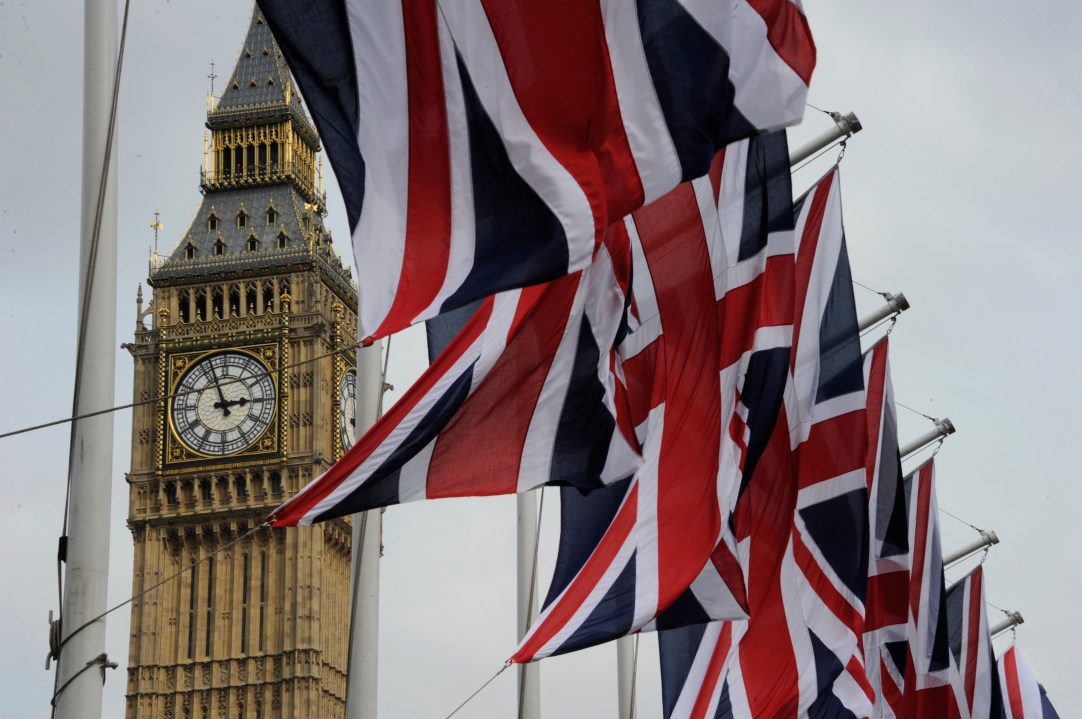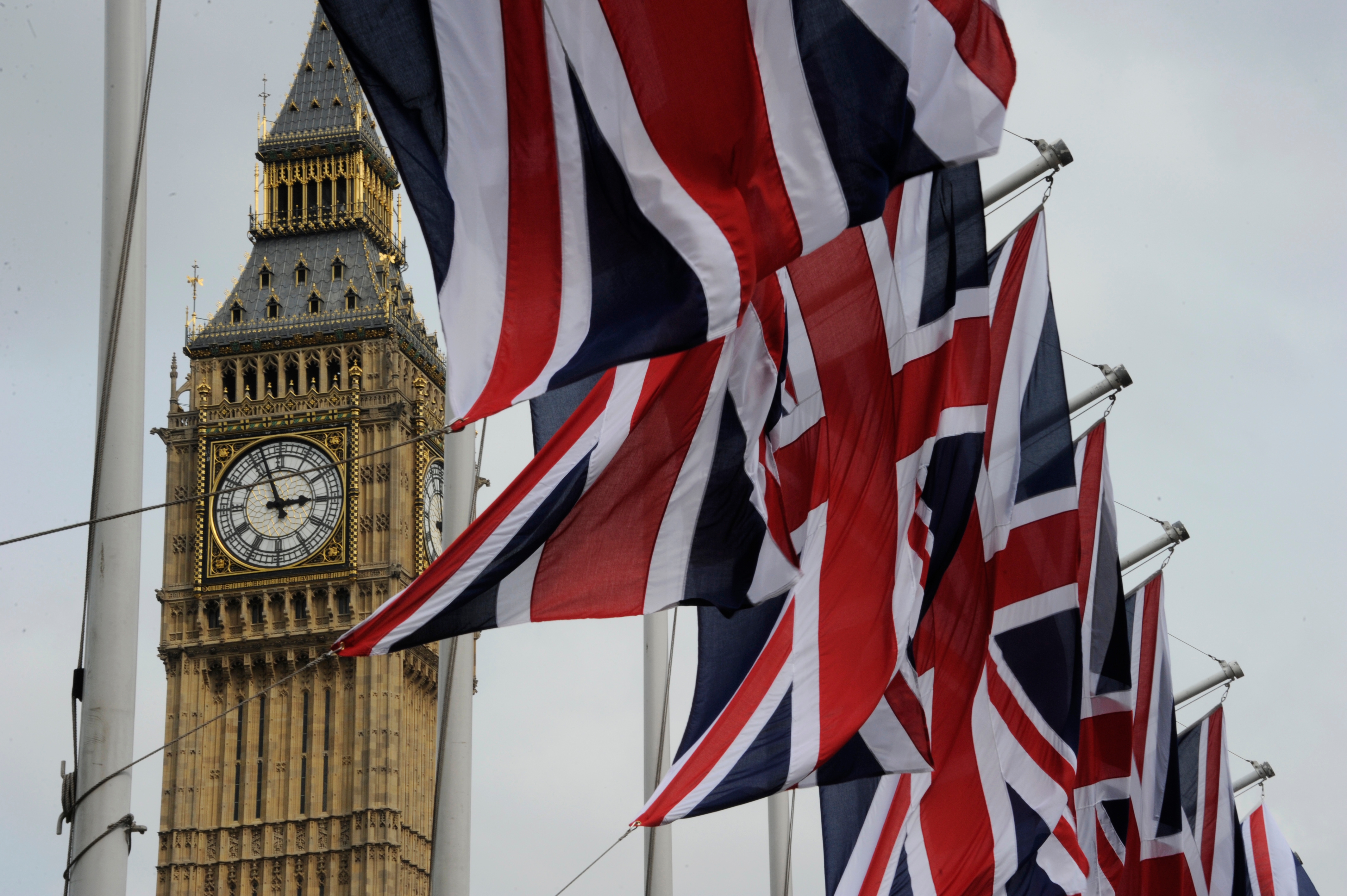If, like me, you missed Andrew Neil’s BBC programme exploring What the Hell Happens to the United Kingdom if Scotland Votes for Independence Next Month you might be interested to know that it remains available on the BBC iPlayer here.
Prudently, dear reader, I liked it.
It’s a film best viewed as a companion piece to James Forsyth’s Spectator cover story published last month. A call to arms to England – and Westminster in particular – to ponder the consequences and implications of Scottish independence. There is little sign that much thought has been devoted to these issues.
Indeed, not only has the Ministry of Defence apparently failed to make contingency plans for the future, inter alia, of Britain’s nuclear deterrent in the event of a Yes vote next month, the UK government has done no work on preparing anything that might even be tangentially related to the independence negotiations that would follow a vote for independence.
Like everything else, this is a matter of politics, not preference. Making any such preparation would add weight to the notion independence is the inevitable, natural, outcome to this process. See, Alex Salmond would trumpet, even London is ready for our independence.
Still, it is, if you will, a thistle that will have to be grasped at some point. Not least because, as the programme made clear, the story doesn’t end with a No vote. You might doubt the unionist parties’ commitments to further devolution – though I’d doubt Labour’s more than I question the Tories’ – but it will be devilishly difficult to wriggle out of doing something at some point in the next parliament. The legislative timetable will be stuffed full of other projects, for sure, but there’ll need to be at least some gesture towards a new Scotland bill before the 2016 Holyrood election gets going. Especially if Ed Miliband is Prime Minister. Because otherwise Labour will be consigned to a third term in opposition in Edinburgh.
In any case, if you peer closely you can find glimpses of what you might dub the federalisation of Britain. Not just in terms of Edinburgh but also with regard to Cardiff and Belfast (where, as David Trimble observed, Scottish independence might revive the currently parked question of a United Ireland). A new patchwork of arrangements in which, doubtless, asymmetries and anomalies will continue to abound but by which the political landscape is still, nevertheless, transformed. Not just for the so-called fringe either but for England’s cities – including London – and even, perhaps, the whole of the long-quietened northern counties of England.
Perhaps. The truth is that the British state – a state of unions, not a union state – has always been more flexible than its critics allow. It may only move when prodded by a sharp stick but it can, and has, moved.
But what if Scotland does vote Yes? The odds may be against such an outcome, and it may look less likely than it did six months ago, but weirder, wilder, things have happened. I wouldn’t rule it out. Not completely. Not by any stretch of the imagination.
London, Peter Hennessy suggested, is entirely unprepared for such an outcome. (So, cynics might note, is Alex Salmond but let’s leave that be for the moment.) Britain might, the noble Whitehall chronicler suggested, become ‘just a modest little country’ after an event of such ‘immense magnitude’ that it must surely have an impact on how the rump UK ‘sees itself and imagines itself’. I think that is correct. Scottish independence would be a kind of repudiation.
The immediate chaos would be real and widespread. I am not sure the SNP’s 18-month timetable for independence is altogether realistic, though, doubtless, the broad framework of a treaty could be thrashed out in that time even if many other matters would necessarily remain unresolved.
We underestimate – all of us – the complexity involved. As the programme pointed out, the Czech and Slovak so-called Velvet Divorce required 31 different treaties and some 12,000 legal agreements. Unravelling Britain will be more complicated than that.
And it might be an uglier process that often thought. Up-jumped Nigel Farage to observe that his party would be left to ‘stand up for England’ and that many people would ‘be calling for quite tough separation terms’. At this point in the programme, I confess to feeling a greater tenderness for the SNP than is always the case.
The easiest way to avoid all that, of course, is to vote No, but Farage and those English citizens quoted who think the independence movement is animated by anti-English grievance are gifts to the SNP. (To be clear: you can find anglophobia in Scotland, and you need not always search hard to discover it, but it is not, in general, the motivating force behind most of what the Yes campaign stands for.)
Would life go on? Of course it would. It might even, as the insufferably smug Simon Jenkins put it, make politics interesting. But it would not go on as it had previously. Britain – that is, the rump United Kingdom – would be a diminished place and considered so by its international peers. Something would be lost even if, in a very British fashion, the precise nature of that loss, that diminishment, might resist easy explanation. Out of sight perhaps, but somewhere becoming rain nonetheless.
Politics is not just questions of policy; it’s a business built on feelings and impressions and imagination too. How these would change in the event of a Yes vote is hard to say until or if it happens, but change they would and in ways, as Andrew’s programme evinced, that might surprise us all.








Comments